Energy-Saving Tips for Your HVAC System
Are you planning to install HVAC system, but concerned about high energy bills?
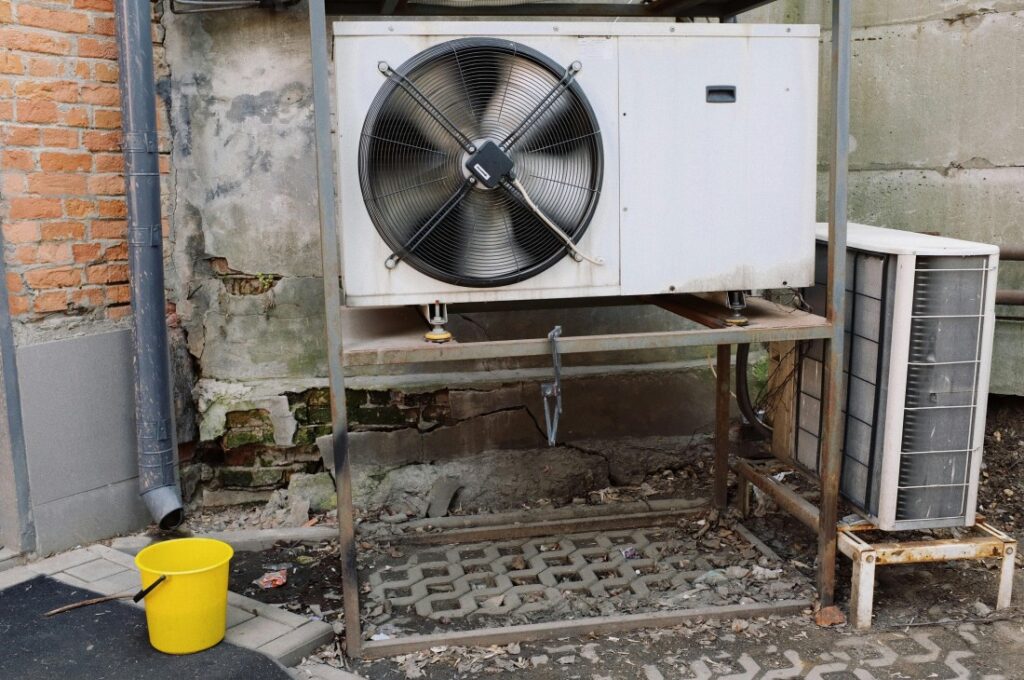
HVAC systems are important for keeping our homes comfortable. However, they can use a lot of energy.
But don’t worry, there are some ways to lower your energy bills and help the environment
Interested to learn how?
Read on, here are some simple tips for you to save energy with your HVAC system.
1. Why to have Regular Maintenance
Very much like your vehicle, your HVAC system needs regular maintenance to productively run. Plan an expert check-up something like one time each year. During the help, an expert will check for any issues, clean the parts, and guarantee everything is working without a hitch. Regular maintenance can keep little issues from becoming significant issues, which can be expensive and energy-consuming to fix.
2. Change Your Filters Regularly
One of the easiest and best ways of further developing your HVAC system’s effectiveness is to regularly change the filters. Grimy or obstructed filters limit airflow, making your system work harder to intensity or cool your home. Mean to really take a look at your filters consistently and supplant them like clockwork, or more regularly on the off chance that you have pets or sensitivities.
3. Introduce a Programmable Indoor regulator
A programmable indoor regulator can naturally change the temperature in view of your timetable, decreasing energy utilization when you’re not home. Set it to bring down the intensity or air conditioning during the hours you’re working and increase solace levels not long before you return. A few high level models much deal savvy highlights, permitting you to control the temperature remotely through your cell phone.
4. Seal Leaks in Ductwork
Cracked channels can prompt huge energy misfortune, as the molded air escapes before it arrives at its objective. Assess your ventilation work for releases and seal any holes with channel tape or mastic sealant. Appropriately fixed channels can further develop your HVAC system’s productivity by guaranteeing that all the adapted air gets to where it’s required.
5. Use Ceiling Fans
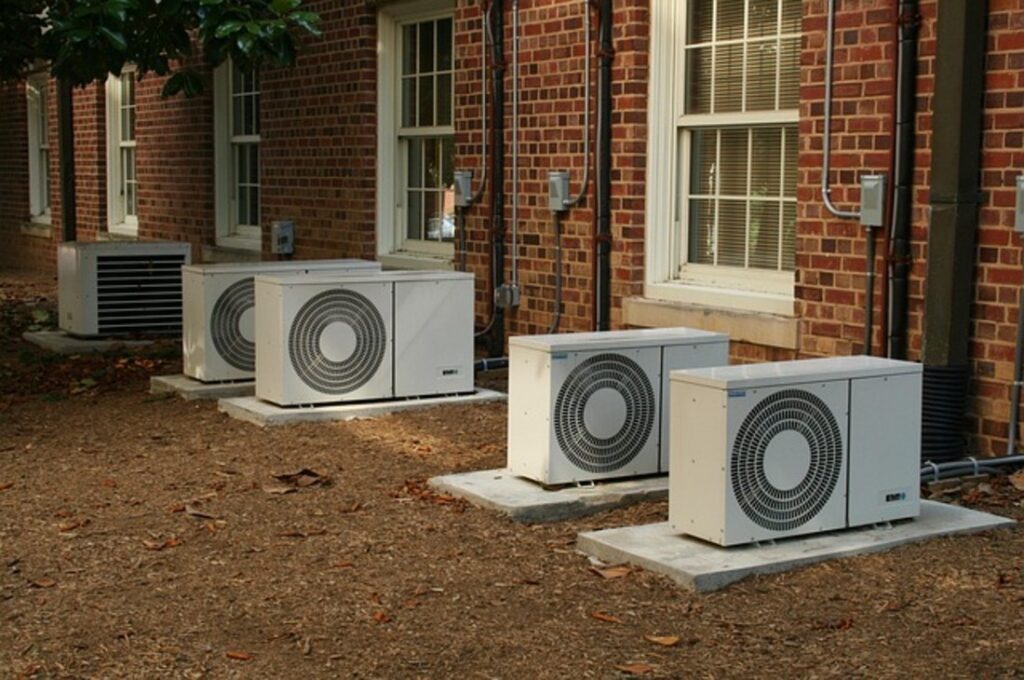
Roof fans can assist with circulating air all the more equitably all through your home, decreasing the burden on your HVAC system. In the mid-year, set your roof fans to pivot counterclockwise to make a cooling breeze. In the colder time of year, set them to turn clockwise at a low speed to push warm air down from the roof.
6. Keep Vents and Registers Clear
Hindered vents and registers can obstruct airflow and power your HVAC system to work harder. Ensure all vents and registers are unhindered by furniture, shades, or different things. Regularly residue and vacuum around them to keep them liberated from flotsam and jetsam.
7. Improve Home Insulation
Great protection keeps your home warm in the colder time of year and cool in the late spring, decreasing the responsibility on your HVAC system. Really look at the protection in your upper room, walls, and floors, and add more if important. Fixing holes around windows and entryways with weatherstripping or caulk can likewise forestall energy misfortune.
8. Move up to Energy-Effective Equipment
Change your HVAC system if its more than 10–15 years old because new systems utilize less energy than old. Search for systems with the ENERGY STAR name since they save energy. Despite the fact that they cost more right away, you set aside cash after some time.
9. Utilize Zoning Systems
Zoning systems let you set different temperatures in different rooms. This way, you only heat or cool the rooms you use, saving energy. For example, keep bedrooms cooler during the day and living rooms warmer, then change it at night.
10. Keep Your Outdoor Unit Clean
The open air unit of your HVAC system, normally the air conditioner or intensity siphon, should be liberated from trash to proficiently work. Gather up leaves, soil, and other flotsam and jetsam regularly. Trim back any plants or bushes to guarantee there’s no less than two feet of leeway around the unit. This further develops airflow and guarantees the unit can work as productively as could really be expected.
11. Close Blinds and Drapes
In the summer, close blinds and curtains during the hottest part of the day. This blocks out the sun’s heat. In the winter, keep them open during the day. This lets in the sun’s natural warmth. This simple step helps control your home’s temperature. It also reduces the strain on your HVAC system.
12. Use of Dehumidifier
High humidity causes your home to feel hotter in the summer. This increases air conditioner usage. A dehumidifier takes additional dampness from the air. This causes your home to feel cooler and more agreeable.
13. Set Realistic Temperatures
Setting your indoor regulator to outrageous temperatures can exhaust your HVAC system and increment energy utilization. In the summer, keep the temperature to about 78°F when you are home and higher when you are away. And during the winter, set it to about 68°F when you’re home and lower when you’re not. Little changes can prompt huge energy reserve funds.
14. Schedule Energy Audits
An energy review can assist with distinguishing regions where your house is losing energy and recommend upgrades. Numerous service organizations offer free or limited energy reviews. An inspector will survey your HVAC system, protection, ventilation work, and different variables to give an itemized report and proposals for making your home more energy-effective.
15. Instruct Your Family
Guarantee everybody in your family understands the significance of energy protection and how they can help. Basic activities like switching out lights, shutting entryways, and utilizing fans can all in all have a major effect. Urge relatives to take on energy-saving propensities to make an additional proficient and harmless to the ecosystem home.
Do’s and Don’ts for your HVAC Energy-Saving Tips
| Do’s | Don’ts |
| Do schedule regular maintenance. | Don’t ignore unusual noises or smells. |
| Do change your filters regularly. | Don’t run your HVAC with dirty filters. |
| Do install a programmable thermostat. | Don’t set extreme temperatures. |
| Do seal leaks in ductwork. | Don’t neglect ductwork inspections. |
| Do use ceiling fans to circulate air. | Don’t block vents and registers. |
| Do keep vents and registers clear. | Don’t place furniture over vents. |
| Do improve home insulation. | Don’t skip insulation checks. |
| Do upgrade to energy-efficient equipment. | Don’t hold on to outdated HVAC units. |
| Do utilize zoning systems. | Don’t cool or heat unused rooms. |
| Do keep your outdoor unit clean. | Don’t let debris accumulate around units. |
| Do close blinds and curtains when necessary. | Don’t leave them open on hot days. |
| Do utilize a dehumidifier in damp months.. | Don’t disregard indoor humidity levels. |
| Do set realistic temperatures. | Don’t overwork your HVAC system. |
| Do schedule energy audits. | Don’t ignore audit recommendations. |
| Do educate your household on energy saving. | Don’t waste energy with careless habits. |
Conclusion
Saving energy with your HVAC system is simple and affordable. By following these easy tips, you can make your system work better, lower your energy bills, and help the environment. Regular maintenance, smart upgrades, and careful usage will keep your HVAC system running efficiently and your home comfortable all year.
For professional HVAC services and more energy-saving advice, contact Lockeyair. Our experts are ready to help you improve your HVAC system’s efficiency. Reach out to us today!
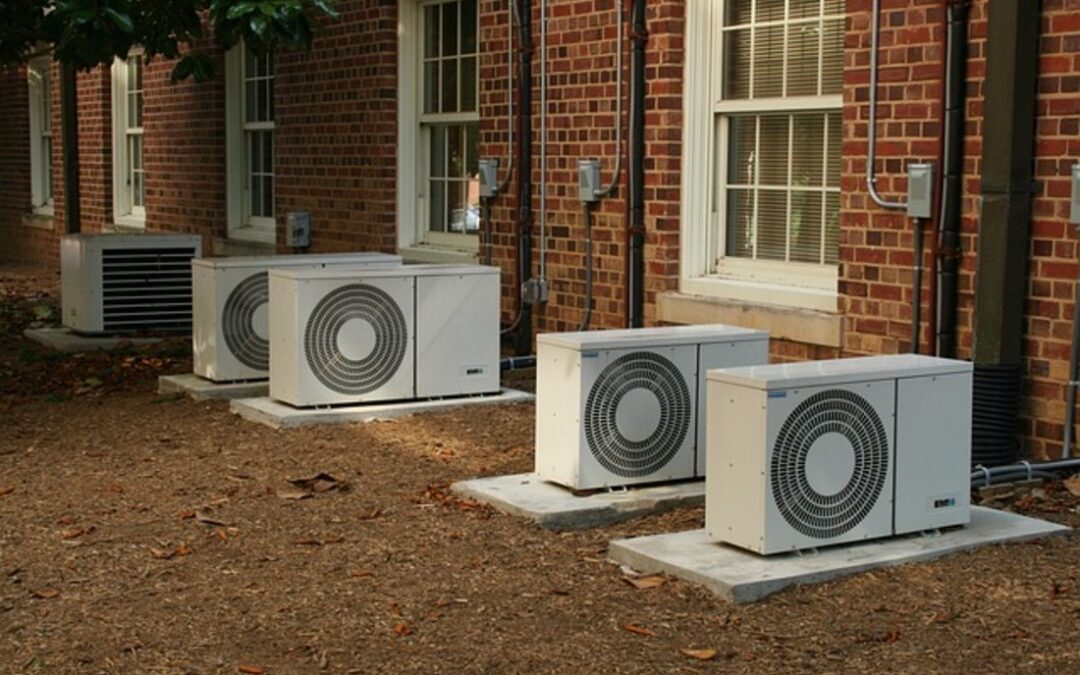
How Often Should You Service Your AC in Belton, Texas?
Let’s be real about Belton summers for a minute. That heat isn’t just uncomfortable; it’s relentless. From those humid June….
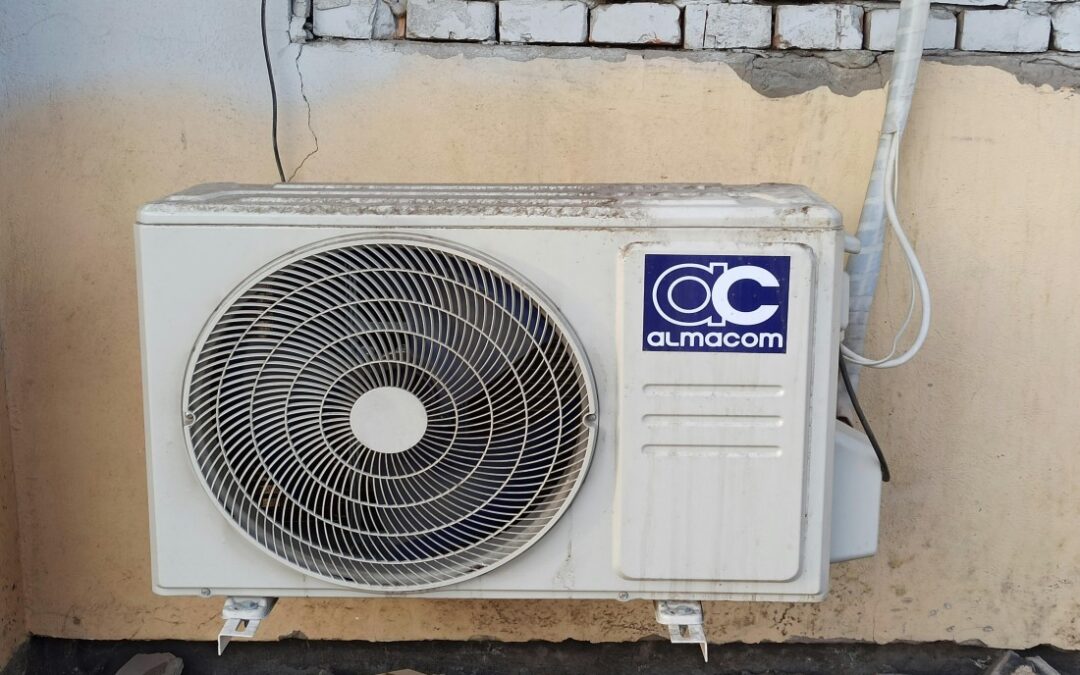
Why Homeowners in Central Texas Are Switching to Ductless Systems
You know exactly how it is here. Summer rolls in, you turn the AC down low, and what happens? The living room gets frosty…
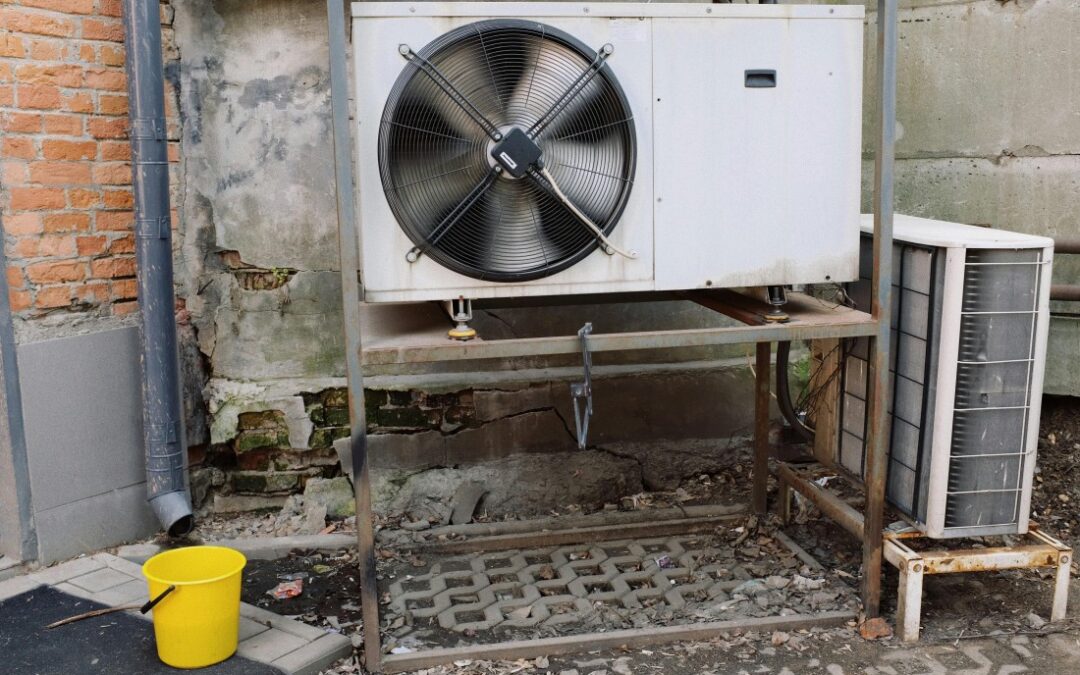
Is Your HVAC System Costing You Too Much? A Smart Thermostat Might Be the Fix
Man, opening that monthly energy bill can feel like a punch in the gut, can’t it? You look at the number for your heating…
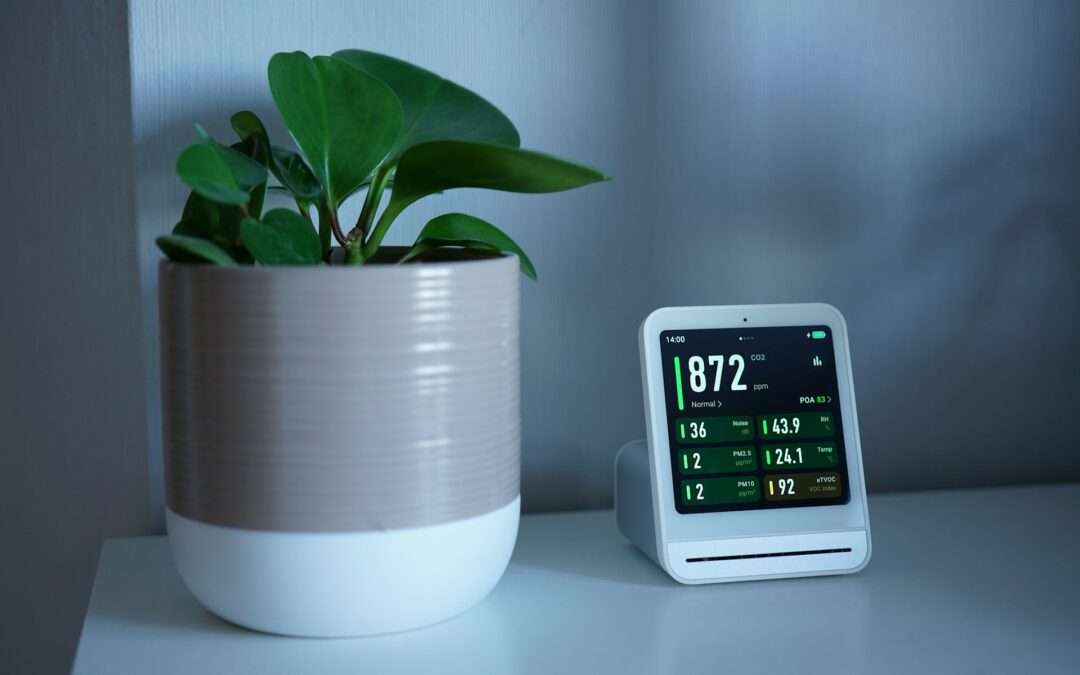
How Smart Thermostats Improve HVAC Performance and Reduce Bills
Let’s be honest. For most of us, the thermostat is that thing on the wall we poke at when we’re too hot or too cold…

Why Regular HVAC System Maintenance Is So Important in Central Taxes
Let’s be real. Around here, from around San Angelo to over to Waco and down through Austin, we have a special relationship with our air conditioning…
